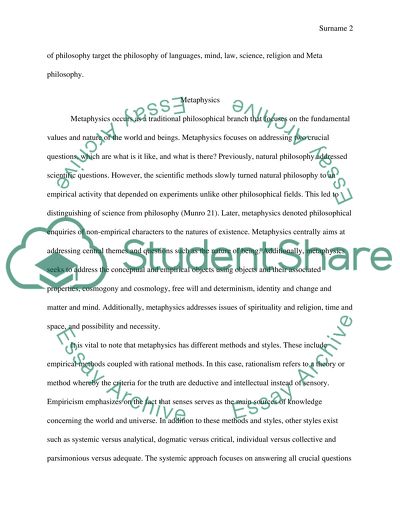Cite this document
(“What Is Philosophy Essay Example | Topics and Well Written Essays - 1250 words”, n.d.)
What Is Philosophy Essay Example | Topics and Well Written Essays - 1250 words. Retrieved from https://studentshare.org/philosophy/1476603-what-is-philosophy
What Is Philosophy Essay Example | Topics and Well Written Essays - 1250 words. Retrieved from https://studentshare.org/philosophy/1476603-what-is-philosophy
(What Is Philosophy Essay Example | Topics and Well Written Essays - 1250 Words)
What Is Philosophy Essay Example | Topics and Well Written Essays - 1250 Words. https://studentshare.org/philosophy/1476603-what-is-philosophy.
What Is Philosophy Essay Example | Topics and Well Written Essays - 1250 Words. https://studentshare.org/philosophy/1476603-what-is-philosophy.
“What Is Philosophy Essay Example | Topics and Well Written Essays - 1250 Words”, n.d. https://studentshare.org/philosophy/1476603-what-is-philosophy.


